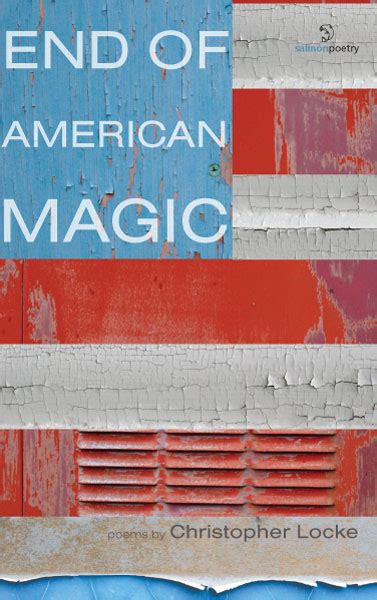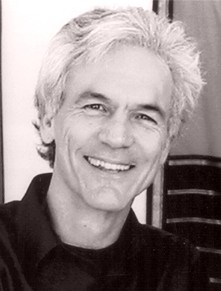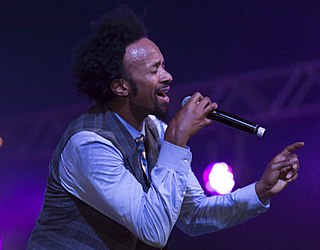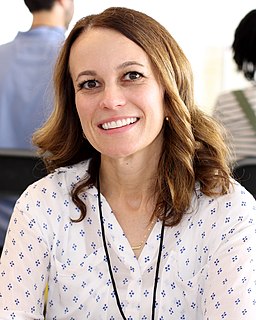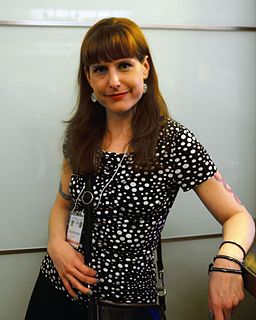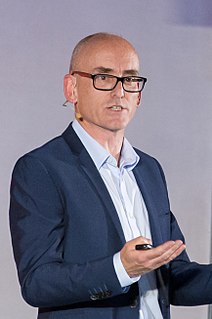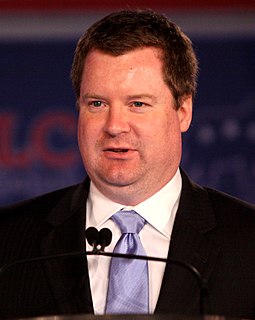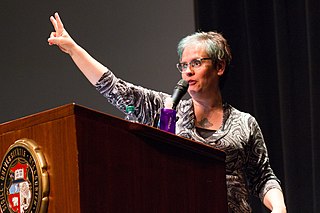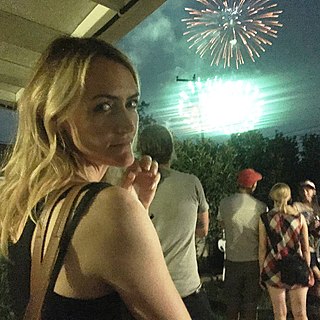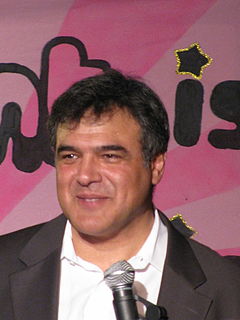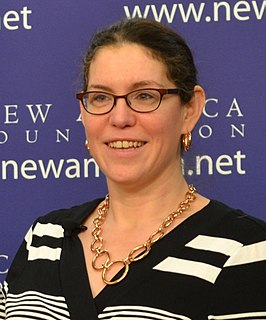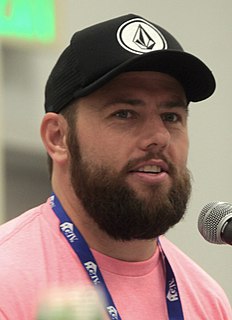A Quote by Christopher Locke
People finally have permission to be human in the context of their work. That's the real Internet story.
Related Quotes
The creation story unfurling within the scientific enterprise provides the fundamental context, the fundamental arena of meaning, for all the peoples of the Earth. For the first time in human history, we can agree on the basic story of the galaxies, the stars, the planets, minerals, life forms, and human cultures. This story does not diminish the spiritual traditions of the classical or tribal periods of human history. Rather, the story provides the proper setting for the teachings of all traditions, showing the true magnitude of their central truths.
I would say the first key concept is that, in terms of technological and communication progress in human history, the Internet is basically the equivalent of electronic telepathy. We can now communicate all the time through our little magic smartphones with people who are anywhere, all the time, constantly learning what they're thinking, talking about, exchanging messages. And this is a new capability even within the context of the Internet.
I didn't use anybody's story. I used the context and the structure of the situation. People were so, so desperate to tell their story and begin to digest their experience - like turning it into a story - that after the fist few weeks I could go with a pad and pencil and take notes. People didn't seem at all bothered by that.
When an acting teacher tells a student 'that wasn't honest work' or 'that didn't seem real,' what does this mean? In life, we are rarely 'truthful' or 'honest' or 'real'. And characters in plays are almost never 'truthful' or 'honest' or 'real'. What exactly do teachers even mean by these words? A more useful question is: What is the story the actor was telling in their work? An actor is always telling a story. We all are telling stories, all the time. Story: that is what it is all about.
The great thing about the Internet is - our show is totally modular. Every piece can be popped in and out. They're relatively short pieces. They're not long. And we can say, "here' s one way to market it. Take these pieces out of the show and put them on the Internet." And we're doing dirtier cuts and put those on the Internet. It's a real great way to market the show. This is finally the year a show like this can happen.
